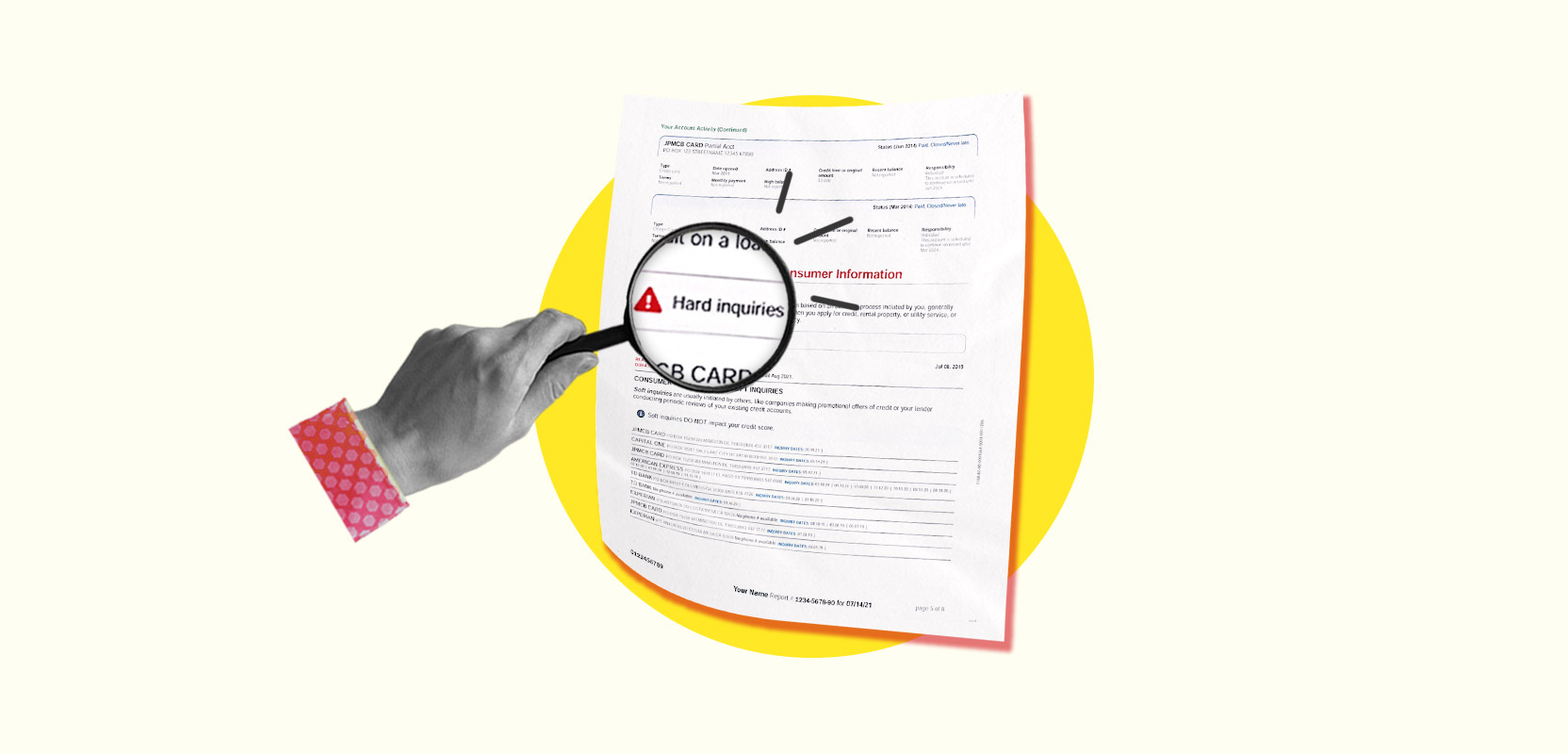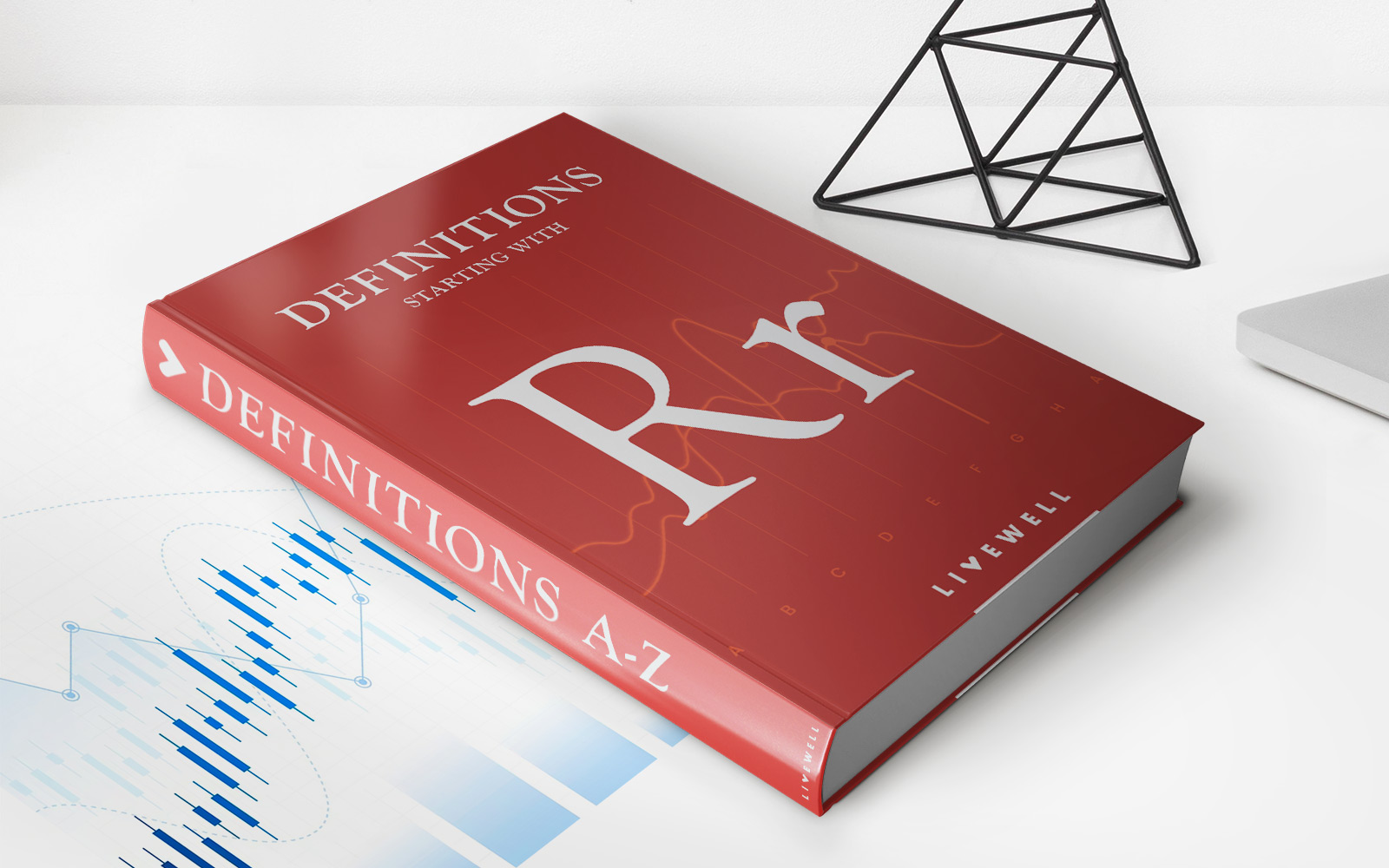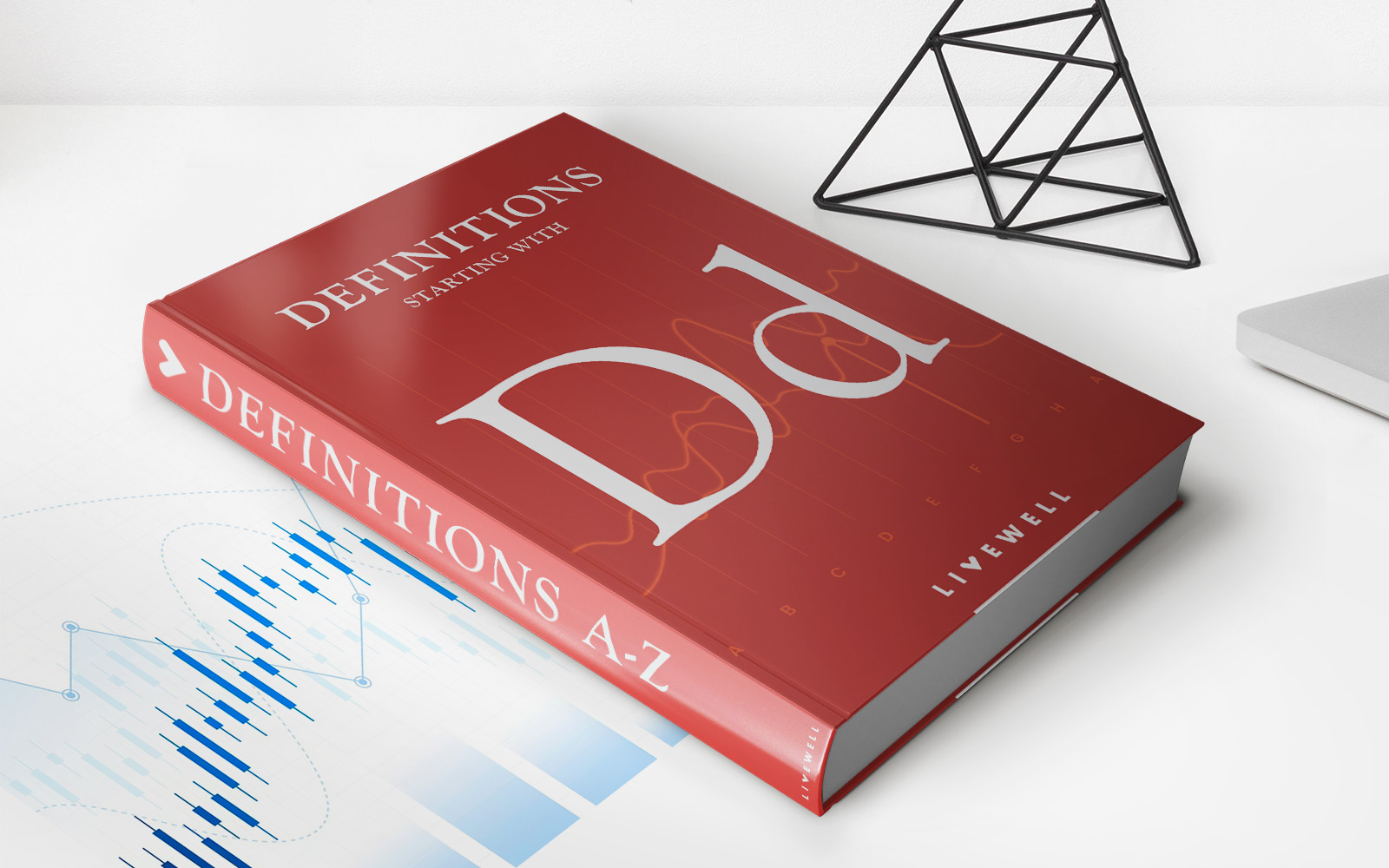

Finance
What Is A Hard Credit Inquiry?
Published: March 4, 2024
Learn about hard credit inquiries and their impact on your finances. Understand how they affect your credit score and financial health. Gain insights into managing and minimizing their impact on your financial profile.
(Many of the links in this article redirect to a specific reviewed product. Your purchase of these products through affiliate links helps to generate commission for LiveWell, at no extra cost. Learn more)
Table of Contents
- Understanding the Impact of Hard Credit Inquiries on Your Financial Health
- Deciphering the Nature of Hard Credit Inquiries
- Unveiling the Impact of Hard Inquiries on Your Creditworthiness
- Understanding the Triggers for Hard Credit Inquiries
- Understanding the Duration of Hard Inquiries on Your Credit Profile
- Strategies for Managing and Mitigating the Effects of Hard Inquiries
- Navigating the Impact of Hard Credit Inquiries for a Healthier Financial Future
Introduction
Understanding the Impact of Hard Credit Inquiries on Your Financial Health
Credit inquiries are an integral part of the lending process, playing a crucial role in determining an individual's creditworthiness. When you apply for a loan, credit card, or mortgage, the lender typically assesses your credit history and financial standing. This assessment involves two types of credit inquiries: soft inquiries and hard inquiries. While soft inquiries have no impact on your credit score, hard inquiries can influence your creditworthiness and financial standing.
Understanding the implications of hard credit inquiries is essential for anyone seeking to maintain or improve their credit score. This article aims to provide a comprehensive overview of hard credit inquiries, including their impact on credit scores, the circumstances under which they occur, and strategies to mitigate their effects.
By delving into the nuances of hard credit inquiries, readers will gain valuable insights into managing their credit profiles and making informed financial decisions. Whether you're a first-time borrower or a seasoned credit user, grasping the significance of hard credit inquiries is pivotal for achieving and sustaining a healthy credit standing.
Understanding Hard Credit Inquiries
Deciphering the Nature of Hard Credit Inquiries
Hard credit inquiries, also known as hard pulls, occur when a financial institution or lender scrutinizes your credit report as part of their decision-making process. These inquiries typically take place when you apply for a new line of credit, such as a credit card, auto loan, mortgage, or personal loan. Unlike soft inquiries, which may arise from pre-approved credit offers or background checks, hard inquiries are initiated with your consent and have a direct impact on your credit score.
It’s important to note that every hard inquiry is documented on your credit report, signaling to other potential creditors that you have recently sought additional credit. While a single hard inquiry may have a minimal impact on your credit score, numerous inquiries within a short period can raise concerns among lenders, potentially affecting your creditworthiness.
Understanding the distinction between hard and soft credit inquiries empowers individuals to make informed decisions when seeking new credit opportunities. By recognizing the implications of hard inquiries, borrowers can take proactive measures to manage their credit applications effectively and safeguard their overall financial health.
How Hard Credit Inquiries Affect Your Credit Score
Unveiling the Impact of Hard Inquiries on Your Creditworthiness
Hard credit inquiries play a significant role in determining your credit score, as they reflect your recent credit-seeking behavior and potential financial risk. When a hard inquiry is made, it can cause a temporary dip in your credit score, typically by a few points. While this decrease is usually modest, multiple hard inquiries clustered within a short timeframe can raise red flags for lenders, signaling an increased likelihood of financial strain or overextension.
It’s essential to recognize that the impact of hard inquiries on your credit score diminishes over time. Typically, hard inquiries remain on your credit report for two years but are only factored into your FICO® Score for the first 12 months. This means that their influence on your credit score gradually lessens as they age, allowing your score to recover from any initial dip caused by recent credit inquiries.
Understanding the dynamics of hard inquiries empowers individuals to make strategic credit decisions and minimize potential score fluctuations. By being mindful of the frequency and timing of credit applications, borrowers can mitigate the short-term impact of hard inquiries and maintain a stable credit profile.
When Do Lenders Make Hard Credit Inquiries?
Understanding the Triggers for Hard Credit Inquiries
Lenders typically initiate hard credit inquiries when evaluating an individual’s creditworthiness in response to a credit application. Whether you’re applying for a credit card, mortgage, auto loan, or personal loan, the lender will likely conduct a hard inquiry to assess your credit history and financial stability. These inquiries serve as a means for lenders to gauge the level of risk associated with extending credit to a particular applicant.
It’s important to note that hard inquiries are a standard part of the lending process, enabling financial institutions to make informed decisions based on an applicant’s credit behavior and existing obligations. While each hard inquiry may result in a temporary decrease in your credit score, it is a necessary step for lenders to assess the creditworthiness of potential borrowers and manage their risk effectively.
By understanding the circumstances that prompt hard credit inquiries, individuals can approach the credit application process with greater insight and awareness. Being cognizant of when and why hard inquiries occur empowers borrowers to make informed decisions about pursuing new credit opportunities and managing their overall financial health.
How Long Do Hard Credit Inquiries Stay on Your Credit Report?
Understanding the Duration of Hard Inquiries on Your Credit Profile
Hard credit inquiries remain visible on your credit report for a duration of two years. During this time, they are accessible to creditors and may impact their assessment of your creditworthiness. It’s important to note, however, that while hard inquiries are retained on your credit report for two years, their influence on your credit score is more limited.
Specifically, when calculating your FICO® Score, hard inquiries are only considered for the first 12 months. This means that while they are visible to creditors for two years, their impact on your credit score is confined to the initial 12-month period. As hard inquiries age beyond this timeframe, their effect on your credit score diminishes, allowing your score to rebound from any temporary decline associated with recent credit applications.
Understanding the lifecycle of hard inquiries on your credit report is crucial for managing your credit profile effectively. By recognizing the duration of their visibility and the timeline of their impact on your credit score, individuals can make informed decisions about when to pursue new credit opportunities and mitigate potential score fluctuations.
How to Minimize the Impact of Hard Credit Inquiries
Strategies for Managing and Mitigating the Effects of Hard Inquiries
While hard credit inquiries are an inevitable aspect of pursuing new credit, there are several strategies individuals can employ to minimize their impact on their credit score and overall financial health:
- Plan Your Credit Applications: Before applying for new credit, consider the timing and necessity of your applications. Avoid submitting multiple credit applications within a short timeframe, as this can raise concerns among lenders and potentially lower your credit score.
- Research and Compare: Prior to submitting a credit application, research and compare different credit products to identify the most suitable option. This approach can help you make informed decisions and reduce the need for multiple credit inquiries.
- Utilize Prequalification Tools: Many lenders offer prequalification tools that allow you to assess your likelihood of approval without triggering a hard inquiry. Leveraging these tools can help you gauge your eligibility for credit products without impacting your credit score.
- Monitor Your Credit Report: Regularly review your credit report to stay informed about the status of hard inquiries and identify any inaccuracies. Promptly addressing any discrepancies can help safeguard your credit standing.
- Consider Credit-Free Alternatives: In some cases, opting for credit-free alternatives, such as secured credit cards or financing options that don’t require a traditional credit check, can help you access credit without generating hard inquiries.
By implementing these proactive measures, individuals can navigate the credit application process with greater confidence and minimize the potential impact of hard inquiries on their credit score. Strategically managing credit applications and leveraging prequalification tools can contribute to a more stable and resilient credit profile.
Conclusion
Navigating the Impact of Hard Credit Inquiries for a Healthier Financial Future
Understanding the role of hard credit inquiries in shaping your credit profile is paramount for maintaining a healthy financial standing. While these inquiries may initially cause a slight dip in your credit score, their impact is manageable and diminishes over time. By approaching the credit application process with awareness and strategic planning, individuals can mitigate the effects of hard inquiries and sustain a positive credit trajectory.
It’s essential to recognize that hard inquiries are a standard part of pursuing new credit opportunities and are instrumental in enabling lenders to assess creditworthiness effectively. By adopting a proactive approach to managing credit applications, leveraging prequalification tools, and monitoring credit reports, individuals can navigate the impact of hard inquiries with confidence and resilience.
Ultimately, the key to minimizing the impact of hard credit inquiries lies in informed decision-making and prudent credit management. By embracing these principles, individuals can cultivate a robust credit profile and pave the way for a more secure financial future.
Armed with a deeper understanding of hard credit inquiries and their implications, readers are empowered to make sound financial choices, optimize their creditworthiness, and embark on a path toward enduring financial well-being.














